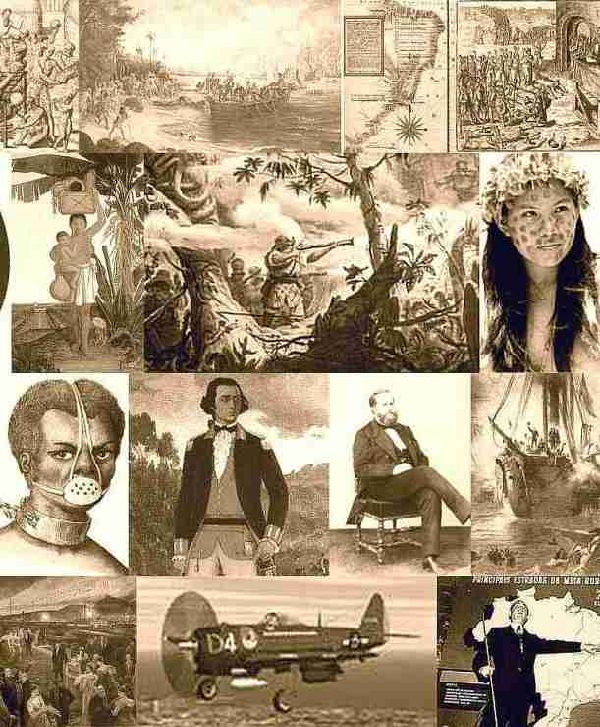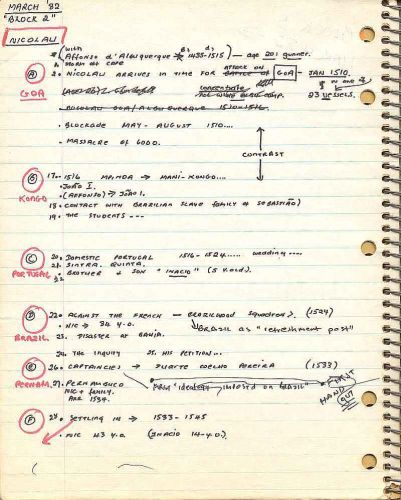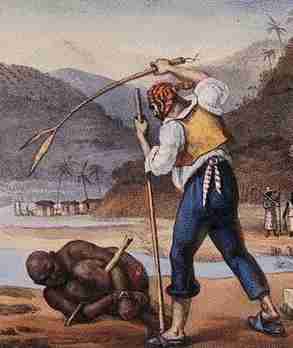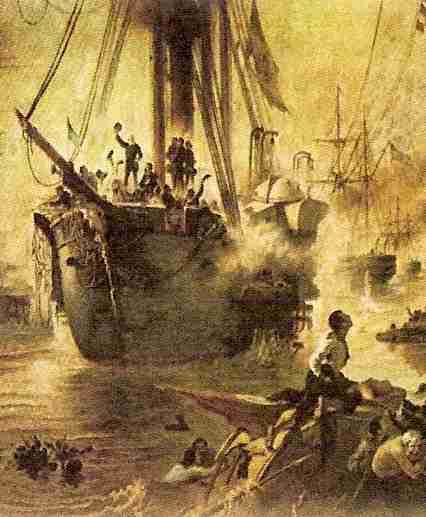
A SPELLBINDING SAGA ON A TRULY EPIC SCALE THAT BRINGS TO LIFE BRAZIL AND HER HISTORY
Through the lives of two powerful families, Brazil depicts five turbulent centuries in the history of a remarkable land. From colony to kingdom, from empire to nation, Brazil is filled with memorable people living through one of the great adventures in human history.
The Cavalcantis are among the original settlers and establish the classic Brazilian plantation -- vast, powerful, built with slave labor. The da Silvas represent the second element in both contemporary and historical Brazil: pathfinders and prospectors. For generations, these adventurers have set their eyes on El Dorado, which they ultimately find in a coffee fortune at Sao Paulo.
Brazil is an intensely human story, brutal and violent, tender and passionate. Perilous explorations through the Brazilian wilderness . . . the perpetual clash of pioneer and native, visionary and fortune hunter, master and slave, zealot and exploiter . . . the thunder of war on land and sea as European powers and South American nations pursue their territorial conquests... the triumphs and tragedies of a people who built a nation covering half the South American continent, all are here in one spell-binding saga.










